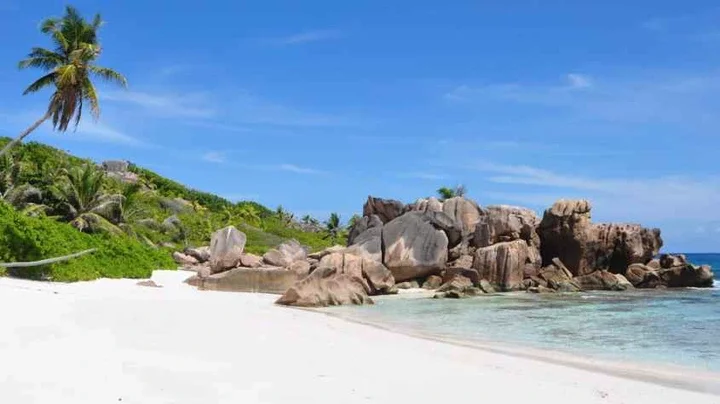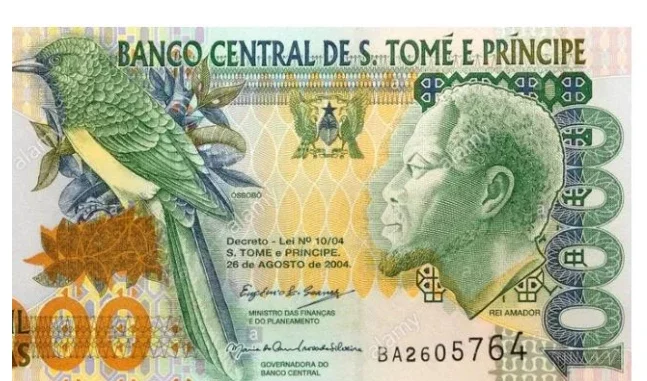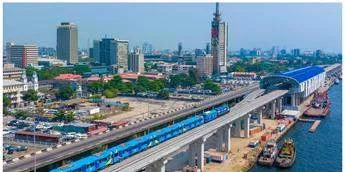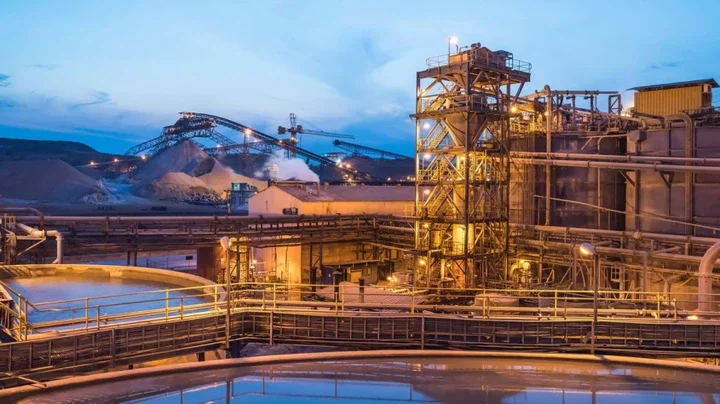
In the vibrant landscape of Africa's economy, the year 2023 has been a defining moment for several nations. These African countries with the best economy stand out, not just as leaders on their continent, but as global examples of resilience and potential in the face of changing economic tides. Their achievements in fostering robust economies are pivotal, marking them as beacons of progress and innovation.
Their influence reverberates across the region, attracting investments and spearheading regional development. These nations, through their economic resilience and growth, are rewriting Africa's narrative, showcasing a continent rich in potential and ripe for opportunities. Let's take a look at how these African countries are not only shaping their destiny but also playing a crucial role in the broader narrative of Africa's economic development.
Seychelles
As the country with the best economy in Africa, Seychelles stands out with a GNI per capita of $14,540. This idyllic island nation, home to fewer than 100,000 people, has skillfully leveraged its breathtaking natural beauty, making tourism a cornerstone of its economy, contributing around 70% to its GDP. Beyond its picturesque landscapes, Seychelles is renowned for its robust fisheries industry.
The nation prides itself on a well-developed infrastructure and high living standards. Investments in education and healthcare are evident, with free primary and secondary education and a comprehensive public healthcare system, ensuring universal medical access. Seychelles' stable political climate further enhances its appeal for foreign investment, fueling economic growth.
Mauritius
Mauritius, with a GNI per capita of $9,920, is a testament to diversified economic success. This island nation has transcended its initial reliance on sugar exports to develop a thriving financial services sector, robust tourism industry, and advanced information and communication technology sector. With its mix of cultural influences and commitment to democratic governance, Mauritius provides a conducive environment for business and investment.
The country's emphasis on education and technology has positioned it as a forward-thinking player in the African economy, balancing economic growth with environmental sustainability.
Libya
Libya, holding the third spot among Africa's richest and countries with the best economy with a GNI per capita of $8,700, demonstrates the economic potential of natural resource wealth. Dominated by the oil sector, which accounts for most of its GDP and export earnings, Libya's wealth is closely tied to global oil markets. However, the country faces challenges, including political instability and the need for economic diversification. Efforts to stabilize the political environment and diversify the economy beyond oil are crucial for Libya's sustained growth and prosperity.
South Africa
Ranking fourth with a GNI per capita of $6,530, South Africa is a beacon of economic diversity in Africa. It boasts a complex economy with well-developed financial, legal, communications, energy, and transport sectors. Its stock exchange ranks among the world's top 20 in market capitalization. However, the country grapples with challenges like inequality and unemployment. South Africa's rich mineral resources, combined with its efforts in innovation and technology, position it uniquely for continued economic growth, provided it addresses its socio-economic disparities.
Gabon
Gabon, with a GNI per capita of $6,440, rounds out the top five African countries with the best economy. Predominantly reliant on oil, which contributes a significant portion to its GDP, Gabon faces the challenge of diversifying its economy. The government's focus on developing sectors like forestry, mining, and ecotourism reflects its commitment to sustainable development. Gabon's efforts in conservation, particularly its extensive network of national parks, demonstrate a unique balance between economic development and environmental preservation, positioning it as a leader in eco-conscious growth.















Comments